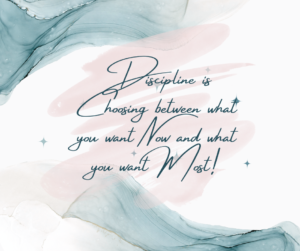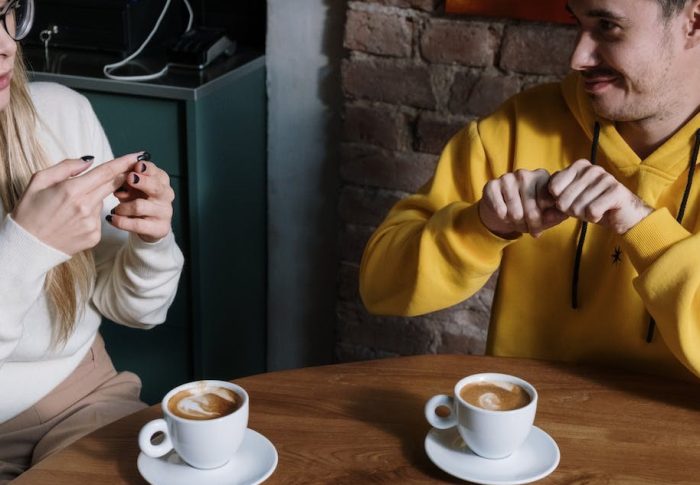Taking responsibility is empowering
It’s very easy to blame other people for our feelings. We may say “he made me so angry” or “you’re so irritating”, we all do it in the heat of the moment. But by using this language we are shirking responsibility for our own emotions.
It’s also quite attacking if someone says something like this. I once asked some honest questions of a friend, meant in the kindest way, I asked if she felt she was making progress in her recovery or whether the treatment she was receiving was keeping her stuck. I always want the best for my friends and living in hospital isn’t the life I want for anyone, let alone someone I care about. I later heard that following my visit she self harmed and was blaming me for this. Of course, I felt awful but I was also confused – I did not give her the harmful implement, I did not stand over her and make her do it – how could I be responsible for her harming herself? In this moment I vowed never to blame anyone else for my behaviour. If I self harmed (something I haven’t done for many years) I knew it was me that chose to do it – yes, at times, it did not feel like a choice but no one else made me do it, therefore responsibility lay with me.

Taking responsibility for our own feelings and actions can be difficult, even scary but I think it’s a vital part of mental health recovery. It can also be a helpful thing for anyone indulging in harmful behaviour. How easy is it to say, “I’ve had such a stressful day, I need a drink” for example.
If we stop and think about the thoughts we’re having and the feelings that have developed, we can choose how we behave. How empowering is that?!
If I’ve had a stressful day, it’s natural for me to lose my appetite, for other people, they may be inclined to eat more, or drink alcohol, or behave in a snappy way towards other people. But ultimately, no matter what feels natural, we can choose to go along with this or we can choose to act in an opposing way.
Anorexia is a illness where the sufferer converts distressing thoughts and feelings into avoiding food. For me, the thoughts and feelings were unbearable but avoiding food was something tangible I could do. In recovery, the neural pathways that connected painful feelings with avoiding food were well trodden. I was told, to recover, I needed to eat but no one could make me eat. It was me who had to make the effort. If I managed to get through a challenging meal, that was down to me. Yes, I’d appreciate any support given, but I was responsible for my actions.
I’m definitely not saying that mental illness is a choice – no one would deliberately choose for their brain to malfunction! If we are at a point where we’re able to engage in therapy and/or if medication is helping with the chemical imbalances, we can start to take back our lives, bit by bit, we can choose how we react to our changing condition. Of course, mental illness recovery is a lot more complicated than a few simple choices but if we do not take responsibility, we’re never going to get anywhere!
Anyone can fall into habitual behaviour. For example always having a drink with a meal or staying in bed when feeling low or anxious. These neural pathways are familiar and feel ok, familiar, safe, “normal” even!

It can be incredibly diffciult to break familiar patterns of behaviour or to build new patterns, especially if there are elements of behavioural or chemical addiction involved. When breaking or making habits, we often talk about will power and we feel like we don’t have enough of this elusive product! However, we can choose to be disciplined by making this decision:
What do we want now? vs what do we want most?
Do I want to have a drink, to binge, to sit on the sofa, to say ‘yes’ to something that will tire me out, to say ‘no’ to something because I’m scared…
Or
Do I want to take responsibility for being a healthy, happpier me?
I know it’s not easy! But it is possible for us to take responsibility for our decision and take control of our lives!




